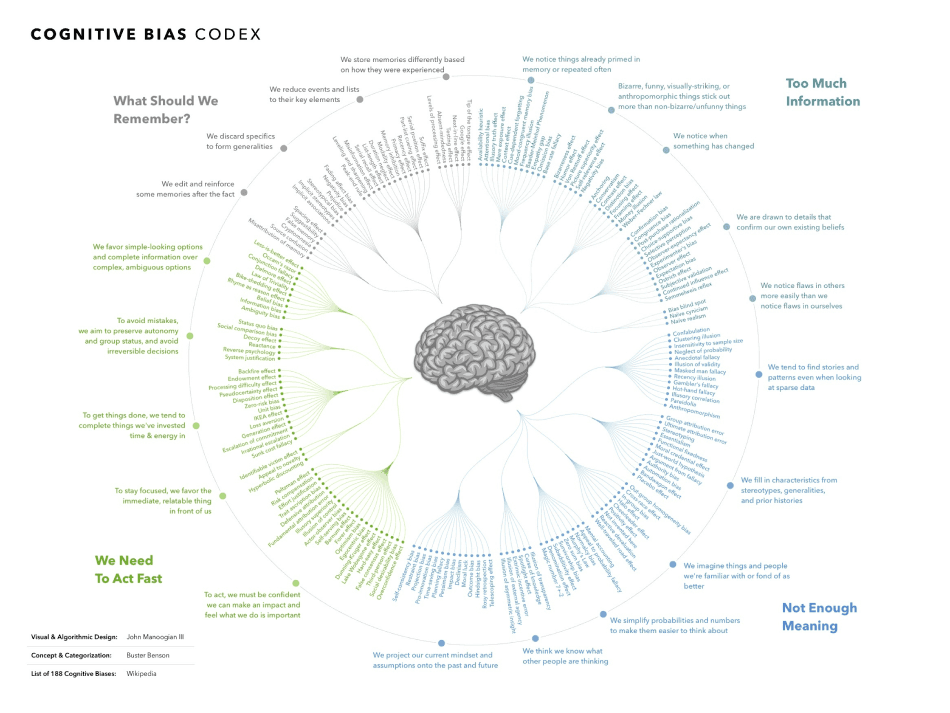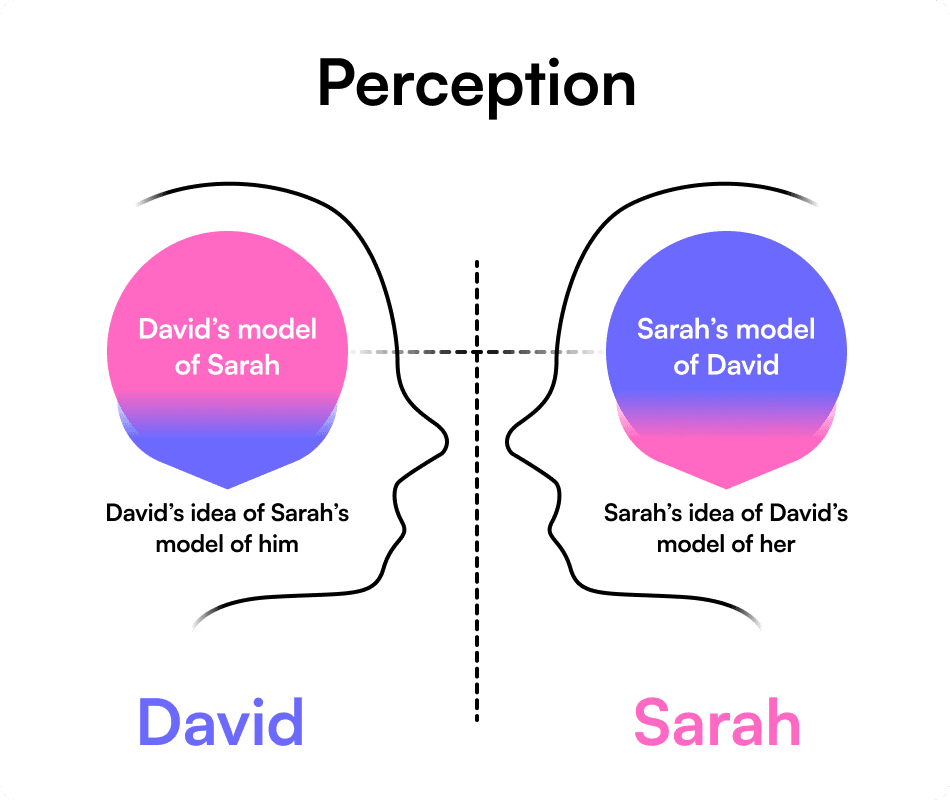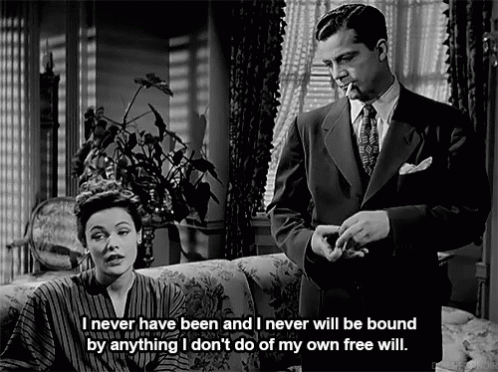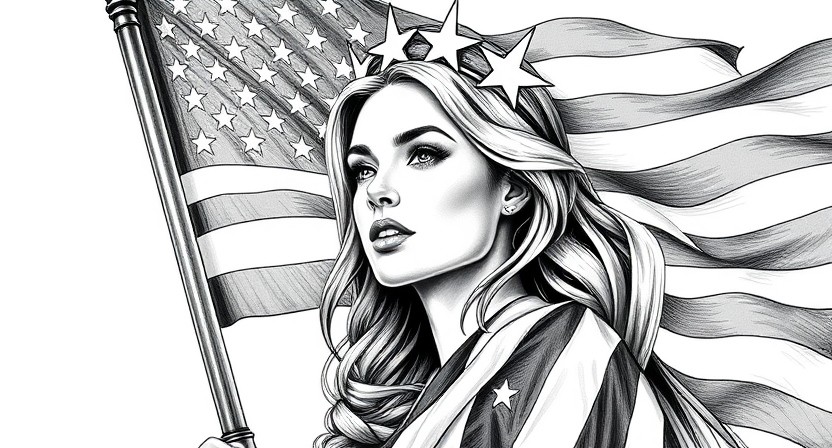Jun 30, 2024
Qualifications to exercise free will
The concept of free will is central to understanding humans and their decision-making. However, the extent to which we truly exercise free will is a subject of long philosophical debate. As we delve into the various factors that influence and potentially limit our ability to make free choices, we begin to see the complexity of one of the most ancient questions in philosophy.
People are often funneled by socioeconomic circumstances into certain jobs, living situations, and routines that they didn't freely choose, but were compelled into by necessity or lack of opportunity. This economic reality significantly constrains the options available to many individuals, shaping their life paths in ways they may not fully control or even recognize.
Beyond economic factors, our perceived "choices" about identity, relationships, beliefs, and behaviors are heavily influenced by social pressures, cultural norms, expectations, and conditioning. The power of these social forces in shaping our decisions cannot be overstated, often operating at a subconscious level to guide our actions and beliefs.
Moreover, various institutions and power structures create conditions that further restrict the range of viable options available to individuals. Governments, corporations, educational institutions, and media all play a role in establishing incentive structures and norms that shape our decision-making landscape. These systemic influences can be subtle yet pervasive, affecting everything from our career choices to our personal values.
Even for those in relatively privileged positions, psychological forces like cognitive biases, mental heuristics, and limited information undermine our ability to make truly reasoned, free choices. Our minds often take shortcuts in decision-making, relying on familiar patterns and easily accessible information rather than conducting a comprehensive analysis of all possible options

Image credit: https://www.designhacks.co (John Manoogian III)(Buster Benson)
Considering all these influences together, free will might appear to be an illusion. However, a more nuanced perspective suggests that free will exists on a spectrum rather than as an all-or-nothing proposition. Although influenced and, in part, constrained by factors beyond ourselves, we retain some degree of freedom in how we react to and navigate the world.
"We can't see past the choices we don't understand" truly captures how decisions are constrained by knowledge and perspective. Cognitive biases that conform to this include confirmation bias and the availability heuristic. Consequently, we often make choices within the comfort and familiarity of what is known.

Understanding this limitation has significant implications across various fields, not only in relationships. In business strategy, companies might miss opportunities or threats due to a limited perspective. Scientific breakthroughs often come from challenging existing understanding and perceiving new possibilities. In personal development, individuals might feel stuck because they can't see options beyond their current understanding. Political decision-makers might be limited by their worldview, missing alternative solutions to complex problems.
To expand our capacity for free will and broaden our choices, we can focus on cultivating self-awareness, applying critical reasoning, and continuously seeking to expand our perspective and knowledge. As we move humbly through the hallways of decision-making, bearing an open mind, we widen the doors of perceived choices that lead us toward a more authentic expression of free will. Our 'free' will isn't entirely accessible in reality, as it stands amidst contemporary power structures, but neither is it an absolute illusion. It is being molded within the interaction between our inner selves and the outer world.
Recognizing such influences while becoming more aware and expanding our consciousness empowers us to exercise greater choice and take control of more meaningful decisions. Self-reflection and personal development help us navigate the decision-making arena with full consciousness and intention.
Perfect free will may be impossible because the constant influencing forces are just too complex, but what remains to us is to choose in a way that corresponds more closely to our authentic selves and values. This ability to discover and act upon our true preferences is enhanced by a society that values critical thinking, diversification of views, and continual pursuit of knowledge in the better understanding of things.
Sign up to get newsletter for the newest blog entries, and stuff I don't post here.

